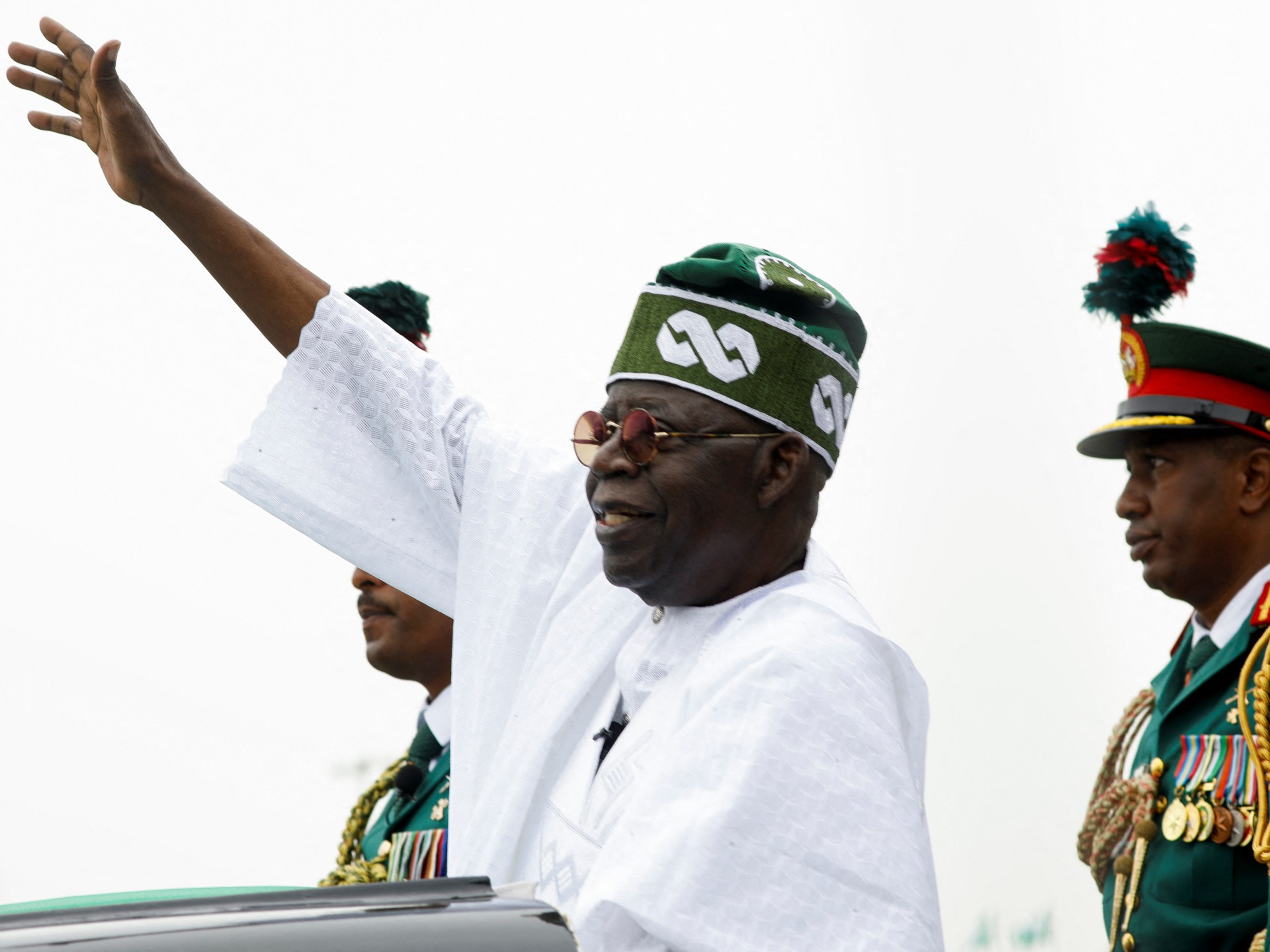Germany’s Uniper to pay for Russian gas via Russia bank account
This offers some countries a loophole to keep buying Russian gas against Western currencies.
German power utility Uniper will pay for Russian gas via a transfer to a Russian bank and no longer to a Europe-based bank, according to a media report.
“The plan is to make our payments in euros to an account in Russia,” the Rheinische Post newspaper reported on Thursday, quoting a Uniper spokesperson.
Even though Russia has demanded payments in roubles for its gas supply, the payments system it has proposed foresees the use of accounts at Gazprombank, which would convert payments made in euros or dollars into roubles.
This offers some countries a loophole to keep buying Russian gas against Western currencies.
With so many European Union members reliant on Russian energy, the European Commission has said the EU’s gas buyers can engage with Russia’s payment scheme provided certain conditions are met.
Last week, the European Commission said if buyers of Russian gas confirmed payment was complete once they had deposited euros, as opposed to later when the euros have been converted to roubles, that would not breach sanctions.
Uniper said it could pay without violations. Austria and Hungary, among others, have also indicated they will take this route.
According to a Financial Times report, Italy’s Eni, another of Gazprom’s large customers, is evaluating its options.
The Rome-backed company has until the end of May, when its next payment for Russian supplies is due, to make a final call, Italian officials told the FT.
Russian energy giant Gazprom earlier said it had halted gas supplies to Poland and Bulgaria in its toughest response so far to Western sanctions imposed against Moscow after its invasion of Ukraine.
Bulgaria and Poland, former Soviet-era satellites that have since joined the EU and NATO, are the only two European countries with Gazprom contracts due to expire at the end of 2022, which meant their search for alternatives was under way.
Warsaw has been one of the Kremlin’s most vocal opponents over the war.
Bulgaria has long had warmer relations with Russia, but Prime Minister Kiril Petkov, who took office last year, has denounced the invasion. He was due in Kyiv on Wednesday to meet Zelenskyy.




